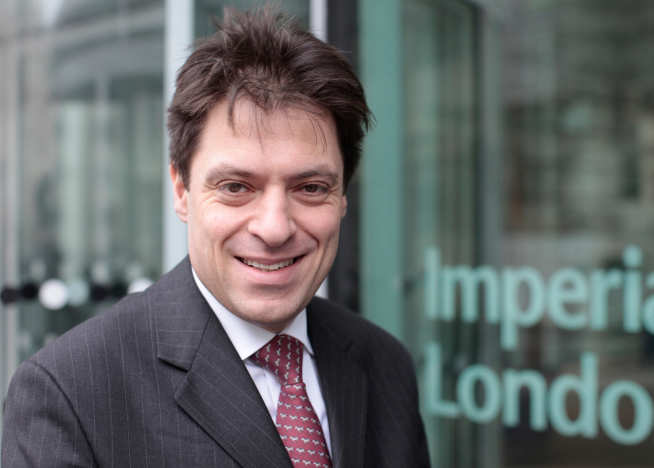
Finance foreword
However, it is also clear that as our cost base is increasing more rapidly than our income, we need to take urgent and decisive action to reverse this position. We therefore also have reasons to be nervous.
On the cash side, the £78 million of cash from operations that we generated in 2018–19 was our lowest since 2009–10 and some way below our target of £100 million (circa 10% of income) which we regard as the minimum level of annual investment in an estate of our size needed to maintain a world class university. Furthermore, the £78 million figure includes the cash from both our revenue-generating assets used to service and repay our debt and from our endowment which we need to grow for the long-term.
After stripping these out along with the operational cash which is restricted to specific purposes (mainly research grants), then we are left with around £30 million of unrestricted cash from the core academic mission that is available for discretionary purpose. Our fundraising and success in attracting government capital grants has allowed us to close most of the gap between internally generated funds and our cash target this year but both these sources are intrinsically volatile.
The deficit of £39 million we are reporting for 2018–19 is a reduction of £120 million from last year’s reported surplus of £80 million. This is nearly all driven by the accounting for the pension provision. Whilst it is tempting to dismiss this as a non-cash item, it is a clear reminder of the importance and difficulty of generating sufficient funds to attract and retain world class talent and in particular the urgent need to agree a pensions solution that is fair, attractive and sustainable.
None of these challenges are new and, as discussed in previous annual reports, we are several years into an ambitious programme to reduce our non-academic cost base whilst simultaneously improving service levels. This programme has been challenging and results have been slower to arrive and harder to deliver than we expected. We have had to tackle the ambiguity of university decision rights, the complexity of a highly customised legacy IT infrastructure, the needs of disparate stakeholders and the reality that a university is
not a corporation.
However, slowly change is starting to arrive as some of our large programmes begin to deliver, for instance, replacing our student records system. There is now an agreed and clear distinction between those programmes that are close to the heart of the academic mission where consensus building is essential and those where a more standardised approach needs to be taken. Improved clarity around decision rights and accountabilities should help us move forward at greater speed.
This need to improve cash generation has also forced us to tackle the difficult issue of rate of growth. Historically, Imperial has always tended to increase its cashflow and profitability by growing its income. However, we are now at the point where further substantial growth in our existing estate is likely to have a detrimental impact on student experience, an area where our National Student Survey scores show we are already far from perfect.
We are fortunate to have room to expand at White City but at our current level of cashflow it will be some time before we can fund this growth. This inevitably forces us to focus more on cost rather than revenue and to prioritise and make choices. Never easy in a decentralised, academic institution.
Crucially, there is shared ownership of the challenges. A new Finance Task Force, including the Deans of the Faculties and some Council members as well as the Chief Financial Officer and the Provost, has been established to oversee progress and ensure that we deliver the benefits we need. They will be reporting back to the College’s Executive and Council on a regular basis.
The next twelve months will be important as we tackle these challenges in an external world that is likely to be even more volatile than this year. We have much to do and I look forward to updating you on progress in next year’s report.
Mr Muir Sanderson
Chief Financial Officer